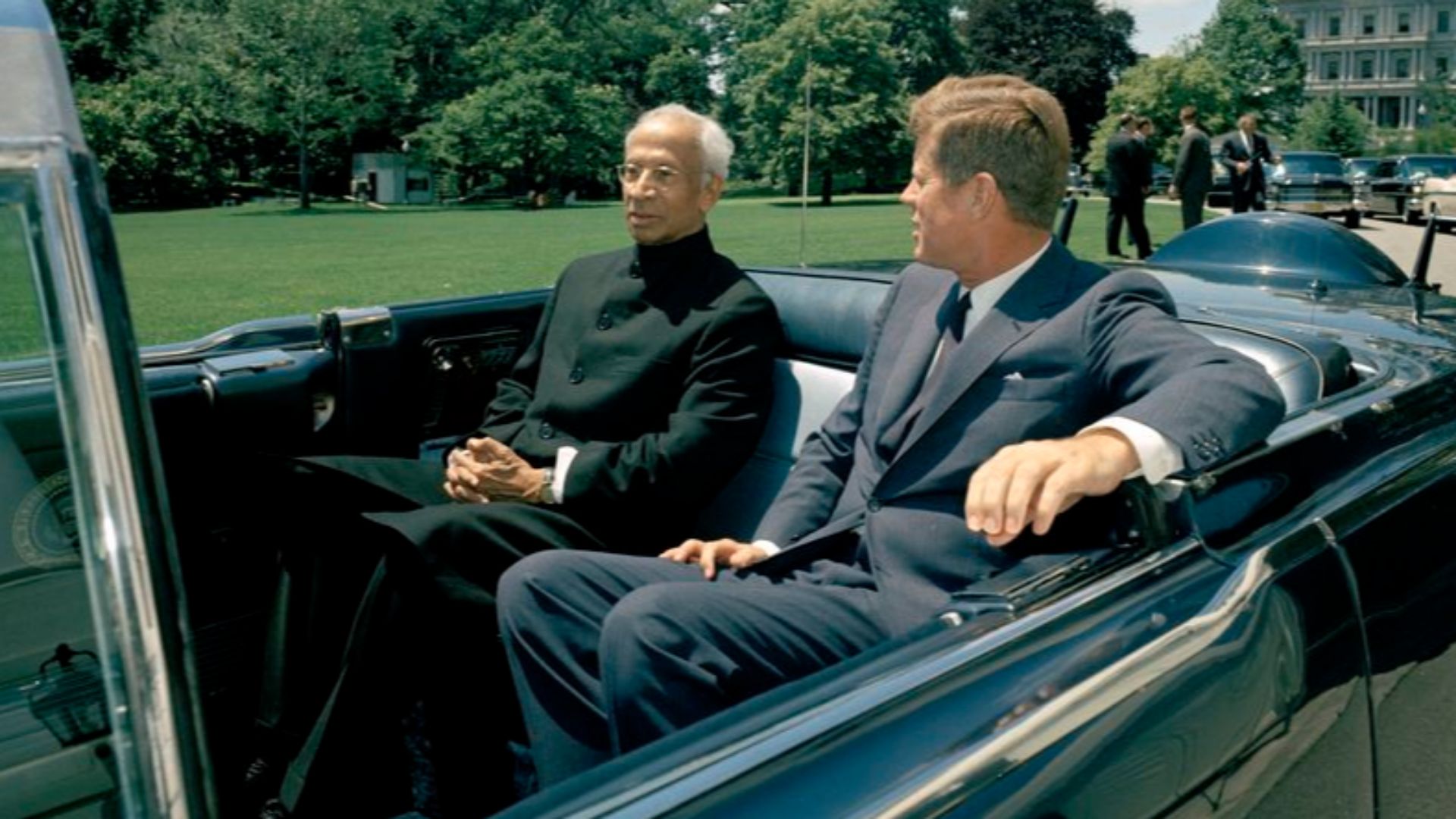Life Beyond Four Walls
Most people grow up thinking there’s only one “normal” path: finish school, get a job, buy a house, and settle down. That script gets repeated so often that it starts to feel like the only option. But normal doesn’t always mean better. Some folks trade the blueprint for an RV, as it challenges the idea that stability only comes with a fixed address. So, here are 20 reasons living in an RV beats owning a house.
1. Lower Housing Costs
The initial outlay for an RV, from $30,000 to $100,000, is substantially less than the median home price of $361,263. Even for those who travel often, RV living can usually be more affordable than renting an apartment. In short, it can be a significant savings for many.
2. Daily Access To Scenic Views
RV living grants access to diverse landscapes. Wake up to stunning vistas, from forests to beaches. Plus, the proximity of many RV parks to state and national parks adds to the appeal. This is why some RVers switch up their surroundings weekly.
3. Try Out Seasonal Jobs Easily
An RV opens doors to work opportunities that most homeowners only daydream about. For instance, park near a ski resort and pick up winter work or settle by a vineyard during harvest season. This flexibility turns job hunting into a travel adventure.
4. Easier Pest Control
No one misses the joy of discovering termites in the basement or squirrels in the attic. RV living eliminates most of those nightmares instantly. A quick spray, a trap, or sealing a gap usually ends the problem before it begins. Constant movement also works in your favor, since critters struggle to settle into a home that doesn’t stay put.
5. Reduced Monthly Utility Bills
Traditional homeowners face steep utility bills, with larger spaces driving costs higher every month. RV living trims those expenses through compact layouts and energy-efficient appliances. Solar panels or generators can further reduce electricity use.
6. Shielded From Housing Market Fluctuations
RV living offers a unique advantage: detachment from housing market fluctuations. Homeowners face the risk of losing equity during market corrections, but RV owners avoid this. That’s because RVs aren't subject to local property values like traditional homes.
7. Less Space To Clean And Organize
Keeping an RV tidy takes little effort compared to a full-sized house. With compact rooms and efficient layouts, cleaning rarely stretches beyond 20 minutes. The limited space also encourages a minimalist mindset and makes organization second nature.
 Trailers of the East Coast on Wikimedia
Trailers of the East Coast on Wikimedia
8. Try New Places Before Committing
Think about the benefit of truly knowing a place before deciding to live there. An RV lifestyle makes that possible, letting you explore towns and parks for days or even months. This way, you settle only when a location feels right.
9. No HOA Rules Or Zoning Limits
RV living frees you from the strict rules of homeowners' associations and zoning codes. No more fines for grass length or mailbox design. On top of that, RV parks carry far fewer restrictions, and some even allow flexible overnight stays in places where houses could never go.
10. Follow Festivals And Events
Coachella, Mardi Gras, the Albuquerque Balloon Fiesta—RV life makes showing up at these events a breeze. Just park and join the fun. In short, festivals become rolling block parties where neighbors change with the scenery, but the sense of community always sticks.
11. RV Parks Offer Built-In Outdoor Recreation
Forget the gym membership. RV parks often provide convenient access to outdoor recreation. They frequently offer organized activities, from barbecues to cornhole tournaments, creating a lively social scene. Some parks even host themed events.
 Robert Ashworth from Bellingham, WA., USA on Wikimedia
Robert Ashworth from Bellingham, WA., USA on Wikimedia
12. Smaller Environmental Footprint
Living in an RV has a funny way of making you eco-conscious without even trying. Less square footage means shorter showers and far less power drained overall. Interestingly, some parks hand you recycling bins like party favors.
13. Built-In RV Community Support
You don’t have to be alone when you choose RV life. Travelers often form tight-knit circles on the road, stepping in with advice, tools, or just a shared meal. This built-in community makes the journey far more connected than expected.
14. Faster Upgrading Compared To Real Estate
RVers can upgrade their living space in mere days or weeks with a new vehicle. Some RV dealerships also offer convenient trade-in upgrades at the same location. This allows for quick changes in layout, technology, or size.
15. Mobility For Visiting Family And Friends
Homeowners have to juggle vacation days just to see relatives, and if work won’t allow leave, family visits can be delayed for months. RV living erases that barrier. With your home on wheels, you simply drive to loved ones whenever the timing feels right.
16. Cheap And Cheerful Celebrations
Forget overpriced catering halls—your kitchen counter doubles as a buffet line. Guests don’t even have to guess where the bathroom is, as it’s literally four steps away. And if you want fireworks, just park near someone else who bought them.
17. Encourages The DIY Mechanic Life
Living in an RV practically forces you into the noble ranks of part-time mechanics, even if your only prior experience with tools was changing batteries in the TV remote. Honestly, nothing bonds you to your RV like the sweet victory of fixing a water pump at 2 a.m. in your pajamas.
18. Allows Pet-Friendly Adventures
In an RV, your pet is your official co-pilot. Sure, you’ll occasionally vacuum out an alarming amount of fur or untangle leashes from your leveling jacks—but that’s just part of the charm. In the RV life, pets somehow become the reason you find the best trails.
19. Closer Bond With Travel Companions
With limited space, you quickly learn how to cooperate, communicate, and adapt. There’s no hiding in separate rooms. This constant togetherness naturally strengthens bonds. While it can be challenging at times, these experiences create unforgettable memories.
20. Emergency Evacuations Made Easy
In emergencies, an RV functions as a mobile escape plan. When wildfires spread or storms threaten, the process is simple: unplug, retract the awning, and drive away. Plus, all essentials, like clothes and food, travel with you.


























